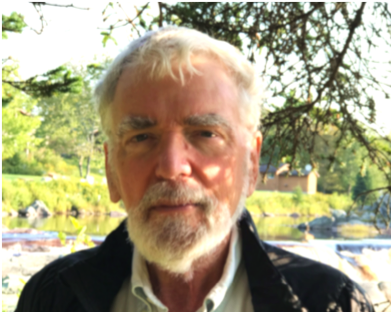
- This event has passed.
Ford Doolittle (Dalhousie, Canada), Making Evolutionary Sense of Gaia
24 September 2024 | 17 h 00 min - 18 h 30 min

Video of the talk
About the speaker
W. Ford Doolittle FRSC FRS (born November 30, 1941, in Urbana, Illinois), Professor Emeritus at the Department of Biochemistry & Molecular Biology of the Dalhousie University, Halifax, Canada, is an evolutionary and molecular biologist. He is a member of the US National Academy of Sciences and a Fellow of the Royal Society of Canada and the Norwegian Academy of Science and Letters. He is also the winner of the 2013 Herzberg Medal of the Natural Sciences and Engineering Research Council of Canada and the 2017 Killam Prize.
Doolittle has made significant contributions to the study of cyanobacteria. He found evidence for the endosymbiont origins of chloroplasts, and developed a theoretical basis for the initial evolution of eukaryotes. He has shown the importance of horizontal gene transfer in prokaryotic evolution.
As of 2007, he has been professor emeritus at Dalhousie University in Halifax, Nova Scotia. He received his BA in biochemical sciences from Harvard University in 1963 and his PhD from Stanford University in 1967, under Charles Yanofsky. He went on to do postdoctoral fellowships with Sol Spiegelman and Norman R. Pace.
Doolittle was elected a Fellow of the Royal Society in 2023.
In addition to his contributions to evolutionary biology, Doolittle is an artist who studied at NSCAD University, achieving a BA in photography.
Abstract:
After briefly describing James Lovelock’s Gaia Hypothesis, I’ll argue that Gaia does not reproduce, or rather that it has what Peter Godfrey-Smith would term “too many parents” to undergo natural selection according to Lewontin’s Recipe. So it does not make sense to most Darwinians. If that recipe were extended to include differential persistence as well as differential reproduction, or if the “gene’s-eye view” of Richard Dawkins as further extended by David Hull and us were adopted, then the Gaia Hypothesis would make sense. That’s what the It’s the song not the singer(s) theory does.
Recommended reading:
